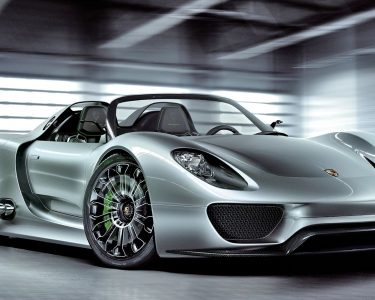As automakers race to become leaders in the electric vehicle market, Ford is stepping up its game by introducing a competitive pricing strategy for its electric vehicles. This move comes as Tesla, the current EV leader, continues to dominate the market with its high-end electric cars.
Ford’s plan is to introduce electric cars that are more affordable than those of its competitors. This pricing strategy is aimed at luring consumers who are interested in electric cars but are hesitant to pay the high prices associated with these vehicles.
To achieve this goal, Ford is investing heavily in electric vehicle technology, spending more than $11.5 billion to bring 16 fully electric vehicles and 24 hybrids to the market by 2022. The company’s first all-electric crossover, the Mustang Mach-E, was launched in late 2020.
While the Mustang Mach-E is priced at around $42,895, it is still more expensive than Tesla’s Model 3, which starts at $39,990. However, Ford plans to introduce more affordable electric cars in the coming years, including the F-150 Lightning, an all-electric version of its popular pickup truck, which is expected to be priced at around $40,000.
Ford’s electric vehicle pricing strategy is seen as a direct challenge to Tesla, which has long dominated the electric vehicle market with its high-end electric cars. Tesla’s cheapest car, the Model 3, starts at $39,990, while its more luxurious models, such as the Model S and Model X, can cost upwards of $100,000.
While Tesla has a significant lead in the electric vehicle market, Ford’s push into the space could make the competition more interesting. With its strong brand recognition, manufacturing capabilities, and focus on affordability, Ford is in a good position to take on Tesla and other EV competitors.
But it’s not just Ford that’s taking on Tesla in the electric vehicle market. Other automakers such as General Motors, Volkswagen, and Nissan are also ramping up their EV efforts, with the goal of capturing a larger share of the market.
One of the biggest challenges for automakers in the EV market is to make electric cars more affordable. While prices have come down in recent years, electric cars are still generally more expensive than their gas-powered counterparts.
To address this challenge, automakers are investing heavily in electric vehicle technology and working to bring down the costs of batteries and other components. The hope is that, as more electric cars are produced, economies of scale will bring down costs and make electric cars more affordable for consumers.
Another challenge for automakers is to build out the infrastructure needed to support electric cars. This includes charging stations, which are needed to keep electric cars powered up while on the road. While progress has been made in building out the charging infrastructure, more work needs to be done to ensure that consumers have access to charging stations wherever they go.
Overall, the electric vehicle market is poised for significant growth in the coming years, as more consumers embrace EVs and governments around the world push for a transition away from gas-powered cars. As competition heats up between automakers, consumers can expect to see more affordable and innovative electric cars hit the market.




